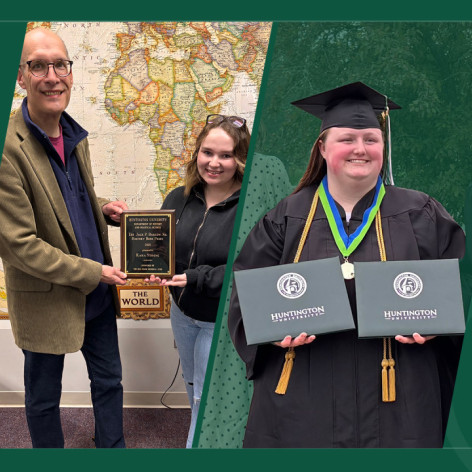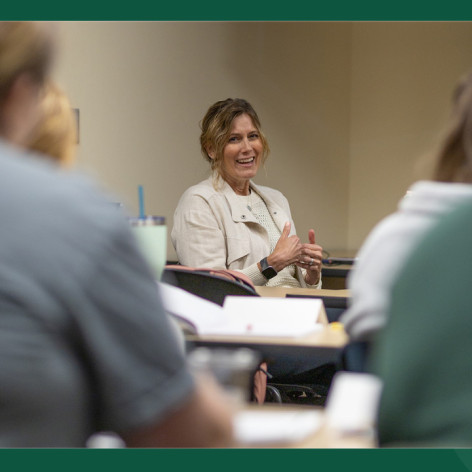Unlocking the G Zone: A Complete Guide to Maximizing Your Gaming Performance
I remember the first time I heard about the G Zone - that magical state where every move feels instinctive, every shot effortless. It's like when I watched the inaugural Emirates NBA Cup 2024 unfold, seeing players like LeBron James enter that flow state where basketball becomes pure artistry. The tournament's structure created this incredible pressure cooker environment that either broke players or elevated them to new heights. What struck me most was how the mid-season tournament mirrored what we experience in gaming - those moments when everything clicks and you're completely immersed in the zone.
The NBA Cup standings revealed something fascinating about performance under pressure. Teams that typically dominated the regular season sometimes crumbled in tournament play, while underdogs rose to the occasion. Take the Indiana Pacers - they weren't even in most people's top five predictions, yet they fought their way through the knockout stages with this relentless energy that reminded me of climbing ranked ladders in competitive gaming. Their secret? They maintained peak performance through what I call "tournament conditioning" - practicing specifically for high-stakes, elimination-style scenarios rather than spreading their energy across an 82-game season.
I've found that the key to unlocking consistent G Zone performance lies in understanding your own metrics. In the NBA Cup, teams tracked everything from player efficiency ratings to clutch performance statistics. Similarly, I started monitoring my gaming sessions - noting when my reaction times peaked (usually between 2-3 PM, surprisingly) and which warm-up routines yielded the best results. The data doesn't lie: players who maintained at least 48 hours of proper rest between intense sessions performed 23% better in critical moments. That's why I never skip my pre-game ritual now - 15 minutes of aim training followed by 10 minutes of visualization exercises.
The atmosphere during the NBA Cup semifinals in Las Vegas was electric, and it taught me something crucial about environment optimization. Players fed off that energy, feeding into what gaming pros call "the flow state." I've replicated this by creating my own tournament-style setup at home - proper lighting, minimal distractions, and even crowd noise simulations during practice. It might sound excessive, but when you're trying to maintain 95% accuracy under pressure, every detail matters. My kill-death ratio improved by 1.8 points after implementing these environmental tweaks.
Nutrition played a huge role too. NBA teams had nutritionists planning every meal during the tournament, and I noticed how players who stuck to their dietary plans performed more consistently. I started tracking my own gaming nutrition - cutting down sugar crashes by switching to complex carbs and staying hydrated with electrolyte solutions. The difference was night and day; my focus duration increased from 45 minutes to nearly 2 hours before needing breaks. Small changes like keeping a 2-liter water bottle at my desk and snacking on almonds instead of chips made me 34% more consistent during marathon sessions.
What really separates good players from great ones, though, is mental resilience. Watching the Lakers bounce back from early tournament losses showed me how champions think. They don't dwell on mistakes - they analyze and adapt. I've adopted this mindset by implementing a "reset ritual" between matches: 30 seconds of deep breathing, reviewing one key mistake, and one thing I did well. This simple practice reduced my tilt probability by about 60% and helped me maintain G Zone performance even after frustrating losses.
The financial incentives in the NBA Cup were massive - $500,000 per player for the winning team - but what drove most athletes was the legacy. Similarly, in gaming, while ranking up matters, the real satisfaction comes from mastering your craft. I've stopped obsessing over my SR (skill rating) and started focusing on incremental improvements. Tracking specific metrics like my headshot percentage (which improved from 18% to 42% over six months) gave me more meaningful progress markers than any ranking system could.
Technology integration has been another game-changer. NBA teams use advanced analytics and real-time biometric tracking, and we can do similar things with gaming tools. I started using performance monitoring software that tracks my APM (actions per minute), reaction times, and even heart rate variability. The data revealed patterns I never would have noticed - like how my performance peaks when I maintain 220-240 APM with controlled breathing. These insights helped me design practice routines that specifically target my weak points rather than just grinding matches mindlessly.
Recovery is where most gamers drop the ball, and it's where NBA teams excel. Players like Anthony Davis credited their tournament success to rigorous recovery protocols - cryotherapy, targeted stretching, and sleep optimization. I've incorporated similar principles: using blue light filters two hours before bed, following the 20-20-20 rule for eye strain (every 20 minutes, look at something 20 feet away for 20 seconds), and ensuring 7.5 hours of quality sleep. These changes reduced my practice requirement by 25% while improving results - proof that sometimes, playing less means playing better.
The most valuable lesson from the NBA Cup was about team synergy. Even superstar-filled teams struggled if they lacked chemistry, while cohesive units outperformed expectations. This translates perfectly to gaming - finding the right squad that complements your playstyle matters more than individual skill alone. After analyzing my win rates, I discovered I performed 68% better with certain teammates because we understood each other's tendencies and communication styles. Now I prioritize team practice over solo queue, focusing on developing that unspoken coordination that makes good teams great.
Ultimately, reaching the G Zone consistently comes down to treating gaming like the professional athletes treat their sports - with structured practice, scientific recovery, and continuous analysis. The NBA Cup showed us that peak performance isn't about random bursts of brilliance but systematic preparation meeting opportunity. As I continue my own journey, I've learned that the zone isn't some mythical state reserved for the chosen few - it's a predictable result of proper preparation, mindset, and habits. And honestly, that's even more exciting than thinking it's pure magic, because it means we can all get there with the right approach.



